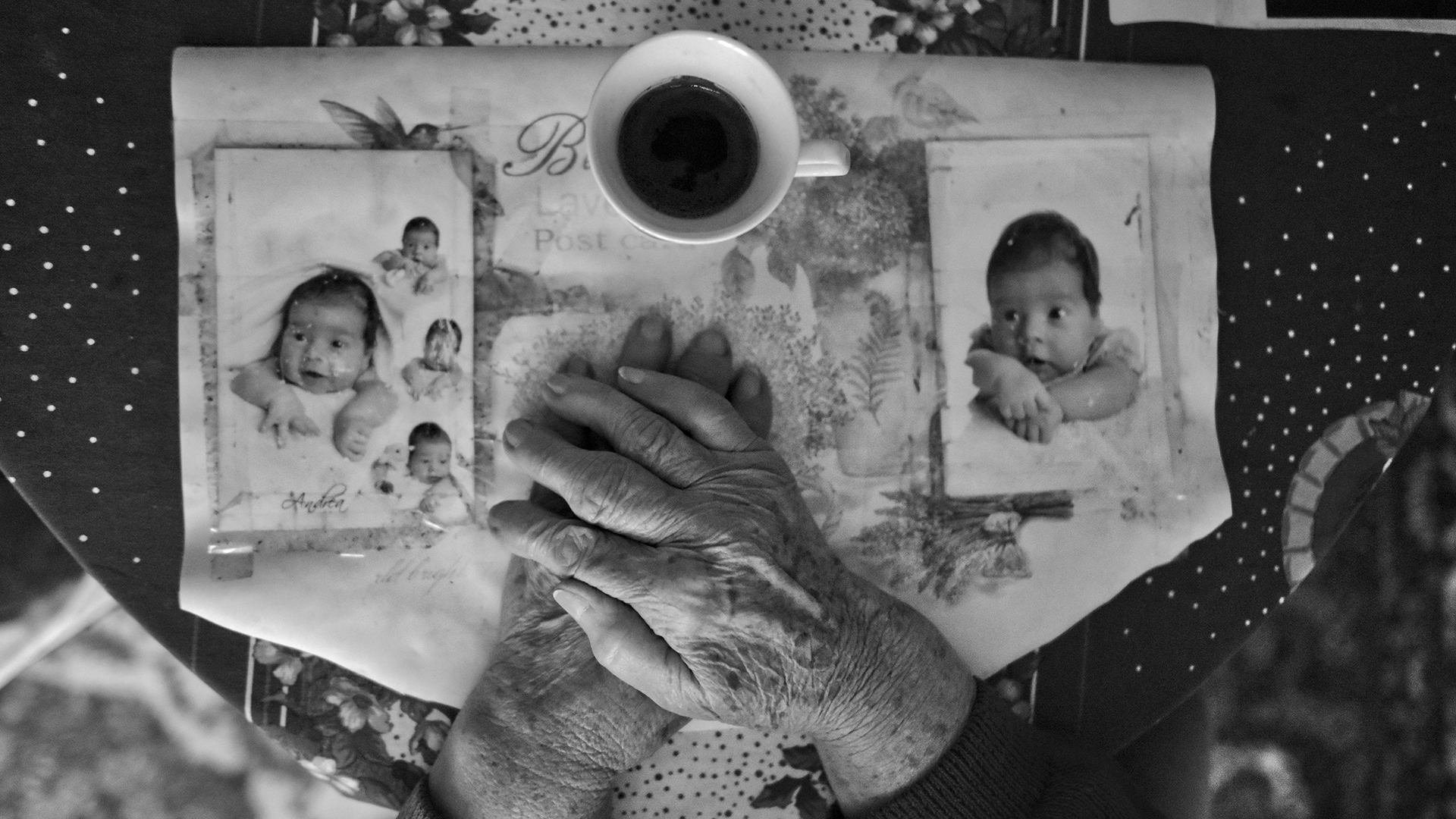
Neither life nor death worthy of a human being
Tens of thousands of old people in Serbia are locked into nursing homes.
By the end of January, the Crisis Staff decided to enable visits to the elderly in gerontological centers provided special measures are in place, and only for those already vaccinated.
For the members of Initiative A11, it's precisely the care for the elderly that is an indicator of the government's incompetence.
Experts predict that, as soon as the coronavirus is put under control, it will be necessary to initiate the process of providing systemic psychological assistance to the population.

Milivoje Pantović
Milivoje Pantović is a freelance investigative journalist based in Beograd, Serbia. He has been in journalism for over 20 years.
This story was originally written in Serbian.